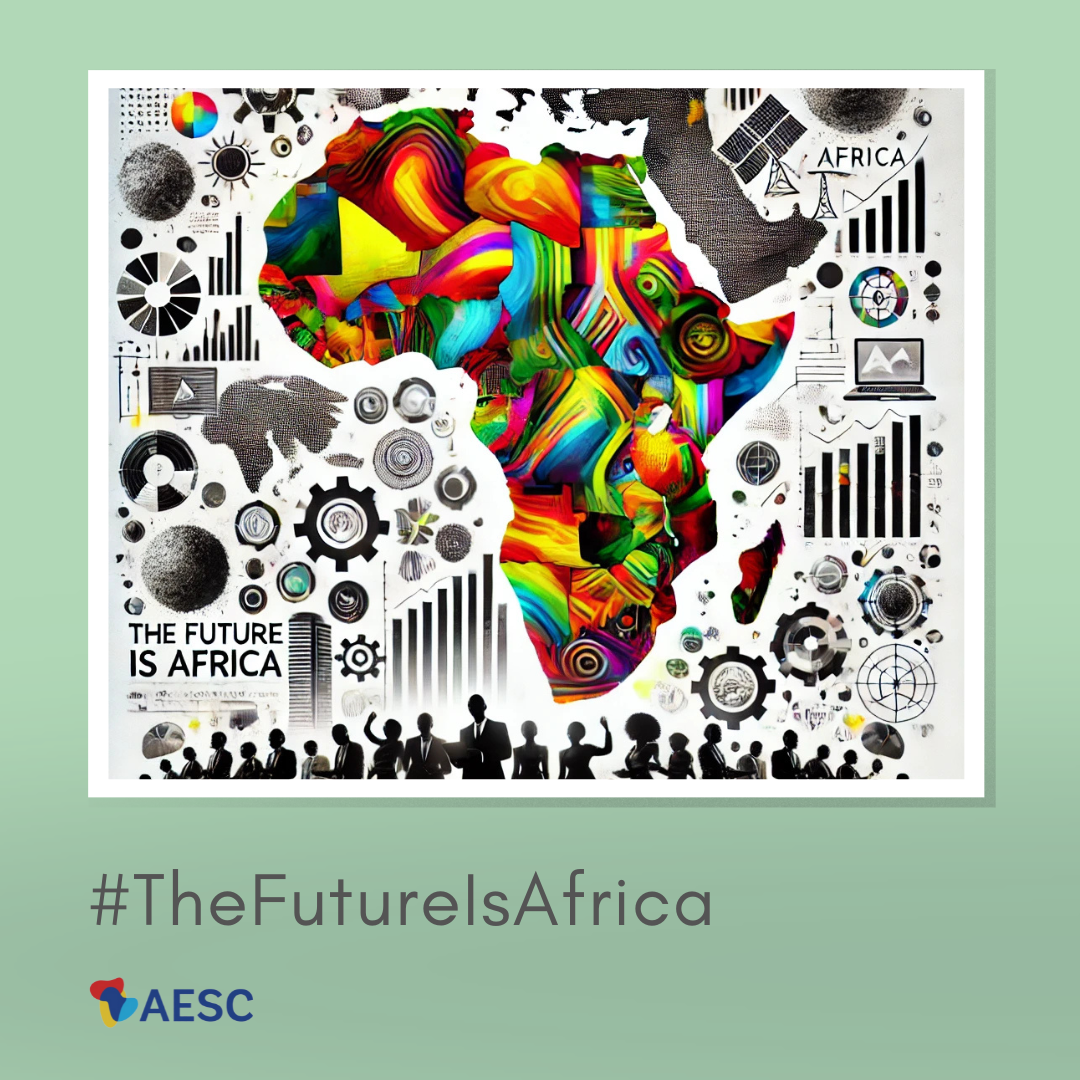
Africa’s Workforce as a Catalyst for Economic Transformation
One of the most significant factors positioning Africa at the forefront of the global future is its demographic growth. With a population projected to reach 2 billion by 2050 and an expanding workforce expected to hit 1.1 billion by 2040, Africa is set to become home to the largest labour pool in the world. This demographic trajectory presents a transformative opportunity for economic growth and development, reshaping global markets and shifting economic power. However, the potential of this workforce hinges on strategic investment in human capital, education, infrastructure, and sustainable development policies.
1. The Demographic Dividend: Africa’s Growing Workforce
The rapid demographic expansion in Africa is unlike any other region in the world. While populations in Europe, East Asia, and North America are ageing and experiencing labour shortages, Africa is experiencing a youthful surge. Over 60% of Africa’s population is currently under the age of 25, and this trend is expected to continue in the coming decades. By 2040, the continent’s workforce is projected to reach 1.1 billion people—larger than that of China or India.
This growth provides a unique demographic dividend, which is the economic benefit arising from a significant increase in the working-age population relative to dependents (children and the elderly). If effectively harnessed, this demographic shift has the potential to accelerate economic development, increase productivity, and enhance global competitiveness. As African countries move to capitalize on this youthful labour force, they can stimulate new industries, attract foreign investment, and create a robust consumer market.
2. Driving Economic Growth through a Skilled and Adaptable Workforce
Africa’s demographic advantage is not simply about numbers; it is about the capacity to build a skilled, adaptable, and innovative workforce. The continent’s young population is increasingly engaged in digital economies and entrepreneurial activities, with hubs like Lagos, Nairobi, and Johannesburg becoming centres for technology startups and digital innovation. If these young workers are equipped with the right skills and opportunities, they can become a powerful engine for economic growth across a range of sectors.
For Africa’s workforce to reach its full potential, investments in education and vocational training are critical. The expansion of digital literacy programs, science and technology education, and vocational training institutes can transform Africa’s human capital into a formidable driver of economic diversification. This focus on skill development will enable the continent to meet the demands of emerging industries such as information technology, renewable energy, agribusiness, and healthcare. By positioning its workforce to excel in these sectors, Africa can diversify its economic base, reduce dependency on raw material exports, and build a more resilient, value-added economy.
3. A Rising Consumer Market: The Economic Power of Africa’s Middle Class
Beyond the immediate impact on labour supply, Africa’s demographic growth is creating a dynamic consumer market that is increasingly attractive to global investors. As the continent’s middle class expands, consumer spending is projected to grow significantly, creating opportunities for both local and international businesses. The African Development Bank estimates that by 2030, Africa’s consumer spending will reach $2.5 trillion, with sectors such as retail, telecommunications, and financial services experiencing rapid growth.
This growing consumer base provides a unique opportunity for African economies to become more self-sustaining. The rise of local manufacturing and production industries to meet the needs of this expanding middle class will not only stimulate job creation but also reduce import dependency. This shift towards developing local industries is critical for sustainable economic growth, as it enables African countries to retain more value within their economies.
Moreover, Africa’s young and tech-savvy population is shaping the continent’s consumer landscape in innovative ways. Mobile technology, fintech solutions, and e-commerce platforms are transforming how Africans access goods and services, making markets more efficient and inclusive. This digital transformation, driven by the continent’s youthful workforce, is creating an ecosystem where African enterprises can thrive and expand their reach both regionally and globally.
4. Challenges and Strategic Imperatives: Turning Demographics into Development
While Africa’s demographic growth presents a substantial opportunity, it also brings challenges that need to be addressed to fully capitalize on the potential of this burgeoning workforce. Unemployment, underemployment, and inequality remain significant concerns across many African nations. Without targeted interventions, the large youth population could face economic marginalization, leading to increased poverty, social unrest, and migration pressures.
To avoid these outcomes and turn demographic growth into a sustainable advantage, African governments and international partners must prioritize policies that create jobs, promote education, and support entrepreneurship. Investments in infrastructure, such as energy, transportation, and digital networks, are also essential to ensure that economic opportunities reach rural and marginalized communities, integrating them into the broader economic system.
Additionally, fostering an enabling environment for business is critical. Policies that encourage private sector development, innovation, and investment will allow Africa’s young entrepreneurs to establish and scale businesses, creating jobs and contributing to economic diversification. Regional cooperation through frameworks like the African Continental Free Trade Area (AfCFTA) is another strategic imperative that can facilitate intra-African trade, promote industrialization, and create economic synergies that enhance growth prospects.
5. The Global Implications of Africa’s Workforce
Africa’s rising workforce has global implications that extend beyond the continent. As Africa becomes home to the world’s largest labour pool, it will play an increasingly important role in the global economy. This shift will not only impact global labour markets but also shape international trade patterns and investment flows. Countries and multinational corporations will look to Africa for both skilled labour and new market opportunities, further integrating Africa into the global economic system.
Africa’s demographic growth also presents an opportunity to address global workforce shortages in sectors such as healthcare, technology, and agriculture, where skilled labour is increasingly needed. As developed economies face the challenges of ageing populations, Africa’s youthful workforce offers a valuable resource. International partnerships that facilitate skills transfer, education exchanges, and labour mobility can mutually benefit both Africa and the global community, creating a more interconnected and resilient global economy.
Conclusion
Africa’s demographic growth and expanding workforce present an unparalleled opportunity for economic transformation, positioning the continent as a central driver of global development in the coming decades. With a projected 1.1 billion workers by 2040, Africa stands to become a powerhouse of innovation, entrepreneurship, and consumer activity. Realizing this potential requires strategic investments in human capital, infrastructure, and sustainable development policies. By addressing these challenges, Africa can turn its demographic advantage into a cornerstone of prosperity and global economic leadership.



